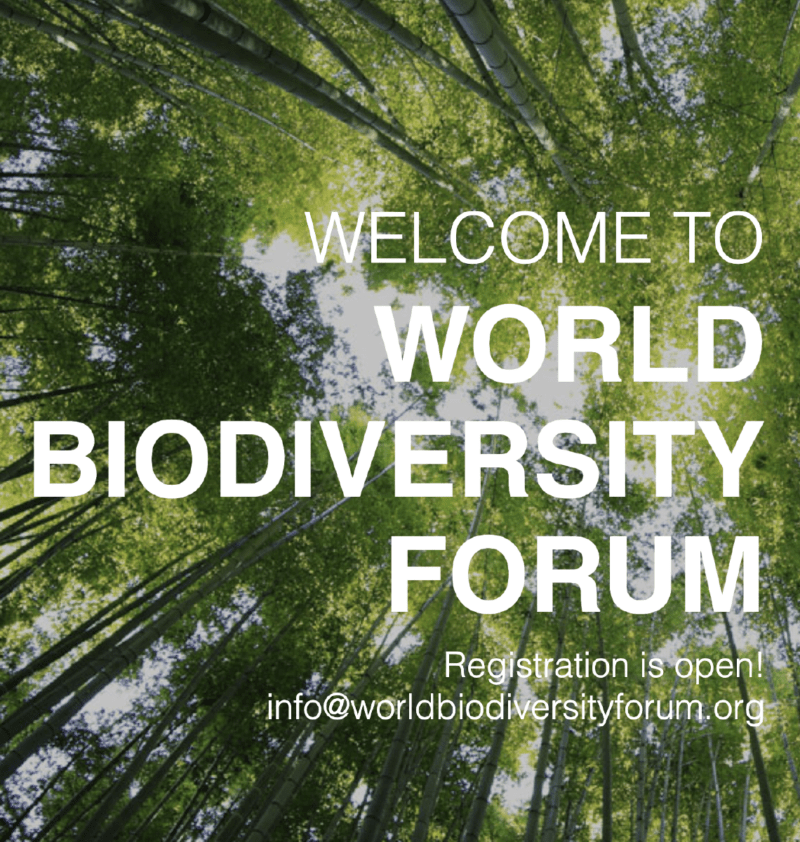World Biodiversity Forum
Home | Events | Researchers | World Biodiversity Forum

Davos Congress Centre, Switzerland. 26 June – 1 July 2022.
Under the theme Inspiration for Action, the second World Biodiversity Forum will bring together researchers across all disciplines of biodiversity science with practitioners and societal actors in a forum that offers inspiration and examples for actions and solutions to conserve biodiversity, and set us on a path towards transformation for sustainability.
World Biodiversity Forum 2022 is organised as a hybrid event, with the in-person meeting taking place at Davos Congress Centre, Switzerland.
The World Biodiversity Forum values the diversity of views, opinions and expertise reflected within the participants of the meeting. Read our detailed Code of Conduct here.